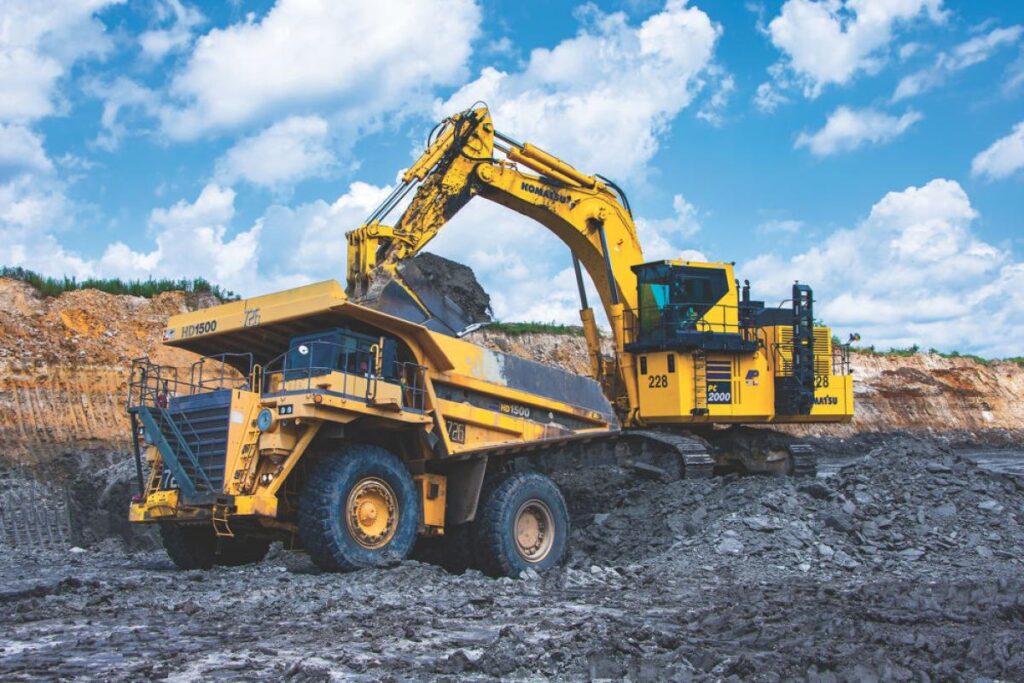The mining industry plays a vital role in powering economies, providing essential raw materials for energy, manufacturing, and infrastructure. Yet, it is also one of the most heavily regulated sectors worldwide. Before a single drill hits the ground, companies must navigate a complex network of legal frameworks, environmental obligations, and social responsibilities. At the heart of this regulatory structure lies one constant requirement: proper licensing.
Understanding the Role of Mining Licenses
Mining licenses are more than administrative necessities — they are legal foundations that determine whether a company can operate at all. Each license sets clear boundaries on where, when, and how extraction can take place.
In many countries, including Indonesia, mining operations are divided into specific licensing stages:
-
Exploration License (IUP Eksplorasi) — grants permission to search and identify potential mineral deposits.
-
Production Operation License (IUP Operasi Produksi) — allows for extraction and commercial use once resources are confirmed.
-
Mining Services Business License (IUJP) — applies to contractors providing mining support, logistics, or environmental management.
These licenses ensure that companies meet standards for safety, environmental protection, and fair community engagement. Without them, operations are considered illegal — exposing businesses to severe penalties, shutdowns, or even criminal prosecution.
Compliance as a Strategic Investment
While some businesses view licensing as a bureaucratic burden, forward-thinking mining companies recognize it as a strategic investment. Compliance demonstrates integrity, transparency, and accountability — values that resonate with investors, regulators, and local communities alike.
In today’s global market, where Environmental, Social, and Governance (ESG) principles are increasingly prioritized, compliance is no longer optional. Investors now demand evidence that mining projects operate responsibly. A company with well-documented licenses and clear environmental management plans is far more attractive than one that cuts corners to save costs.
Licensing also reduces operational risk. When a company fully complies with legal requirements, it minimizes disruptions from audits, inspections, or policy changes. This stability creates a strong foundation for long-term profitability and sustainable growth.
Digital Transformation in Licensing
Governments across the world are moving toward digital licensing systems to improve efficiency and transparency. In Indonesia, for instance, online platforms now streamline the permit process — allowing companies to submit applications, track progress, and ensure renewals in real time.
Digitalization reduces human error, eliminates corruption risks, and accelerates approval timelines. For mining businesses, adopting digital compliance tools offers a practical advantage. It enables proactive monitoring of permit expirations, document management, and faster responses to regulatory updates.
By embracing these technologies, companies can move beyond compliance as a box-ticking exercise and instead integrate it into their overall business strategy.
Licensing and Reputation Management
Reputation is one of a mining company’s most valuable assets. Communities, investors, and governments are quick to distance themselves from projects that operate outside the law. A well-licensed, compliant business, on the other hand, signals reliability and ethical leadership.
Mining is often viewed with skepticism due to its environmental footprint. Transparent licensing practices — including environmental impact assessments and social responsibility programs — help rebuild trust and demonstrate a genuine commitment to responsible operations.
Conclusion
In the mining business, success depends not just on the richness of the deposit but on the strength of the company’s compliance framework. Proper licensing is more than a legal requirement — it is the cornerstone of sustainable, ethical, and profitable operations.
Companies that prioritize licensing and compliance don’t just avoid risks; they gain strategic advantages, build stronger stakeholder relationships, and ensure long-term business continuity.
The path to responsible mining begins with one simple principle: operate legally, transparently, and sustainably.
Legal compliance, in this sense, becomes more than a regulatory requirement; it’s a mark of professional maturity and strategic foresight. You will need Jasa Pengurusan IUJP before starts your mining business in Indonesia.



